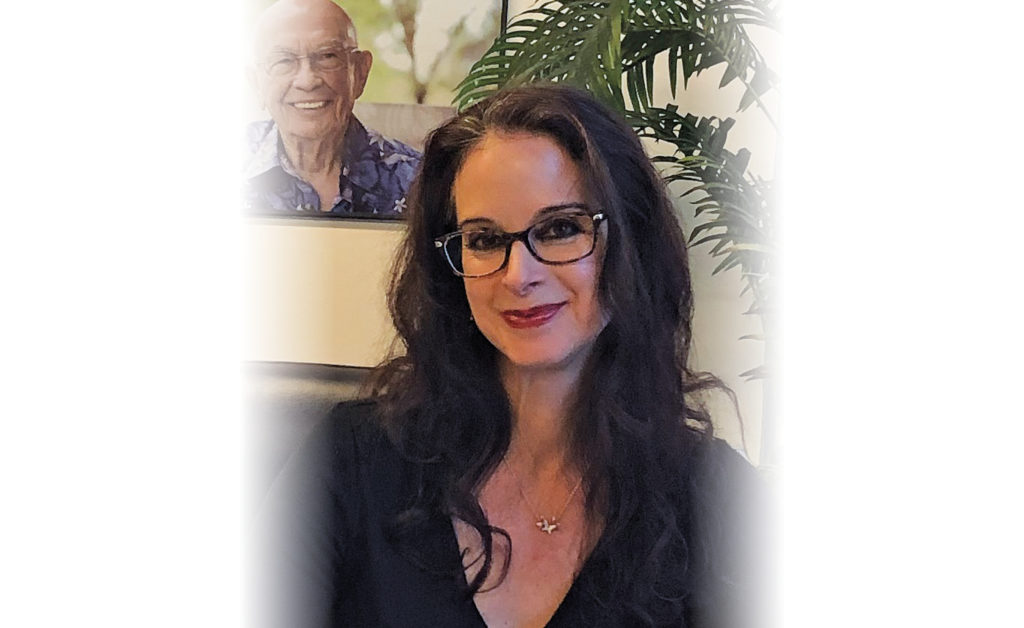by Sherrin Griffin – VP, Operations, Sidney SeniorCare –
We have searched for the proverbial fountain of youth for centuries, but it has only been in the last few decades that science has made some significant progress by making an interesting discovery on what exactly affects the aging process and, as a result, determines our lifespans.
In 2009, the Nobel Prize in Physiology or Medicine was awarded to three American geneticists – Elizabeth Blackburn, Carol Greider and Jack Szostak – who discovered telomeres, the genetic code that protects the ends of our chromosomes, and telomerase, the enzyme that assists in this process.
Quite simply, telomeres are the caps at the end of each strand of DNA that protect our chromosomes, much like the plastic tips at the end of shoelaces. Without the plastic tips, shoelaces become frayed and can no longer do their job, just as without telomeres, DNA strands become damaged and wear down over time. Cells can’t do their job, which results in the aging process. Stress and bad lifestyle choices shorten those telomere caps, making it more likely that cells will stop dividing and essentially die, leading to premature aging. This is why some of us age faster than others. Shortened telomeres don’t necessarily cause any specific disease, but research suggests that they hasten our susceptibility to genetic weaknesses.
“If you’re vulnerable to heart disease, you’re more likely to get it younger if your telomeres are shorter,” says Elissa Epel, director of the University of California, San Francisco’s Aging, Metabolism and Emotions Center.
These exciting findings have since been applied in studies of aging, stem cells and even cancer.
“We can provide a new level of specificity and tell people more precisely, with clues emerging from telomere science, what exactly about exercise is related to long telomeres, what exact foods are related to long telomeres, what aspects of sleep are more related to long telomeres,” Epel added.
The Telomere Effect, by Elizabeth Blackburn, one of the original Nobel Prize winners, is a concerted effort to bring this knowledge to the general public in language more easily understood, and covers topics such as basic cell biology, factors that are linked to telomere maintenance and how it all relates to our daily lives. Published in 2017, the book has become a New York Times bestseller, a testament to the fact that we are all intrigued by a universal panacea for aging. It is a pretty attractive theory indeed that we have more control over our own aging process than we may have originally imagined. The authors suggest that we can actually lengthen our telomeres – and perhaps our lives – by following sound advice relating to health and wellness, based on thousands of reviewed studies.
There are even companies out there that are able to test your telomere length. Of course, until this testing becomes more standardized and regulated, there are variables which may affect the testing process and could introduce error such as variance in blood processing, transporting or storage, differences in measurement and methods of testing, and natural oscillations of telomere length over time. How long your telomeres were in the first place will also play a part in how quickly they shorten.
There are still many mysteries and unanswered questions in this emerging field of telomere science, but one thing we can all agree on: it is a fascinating subject for sure!




